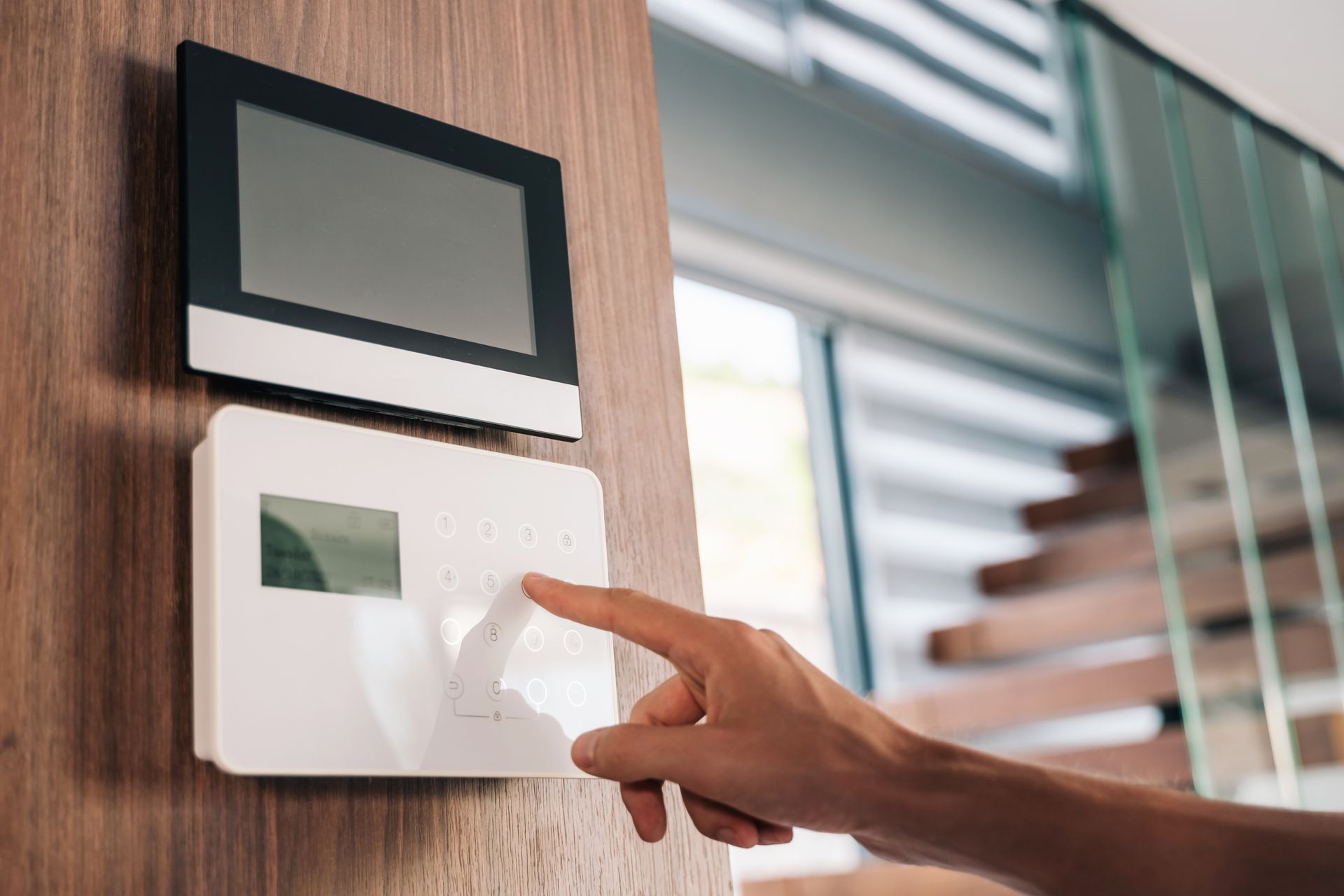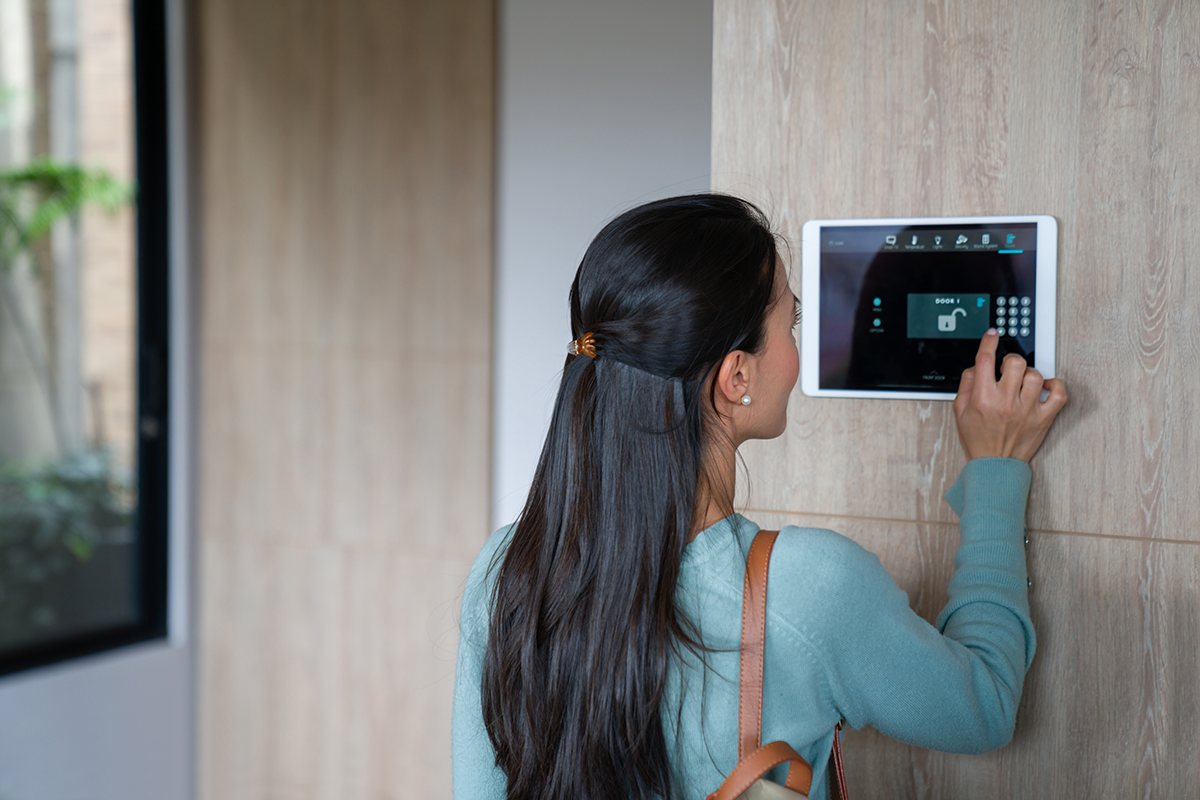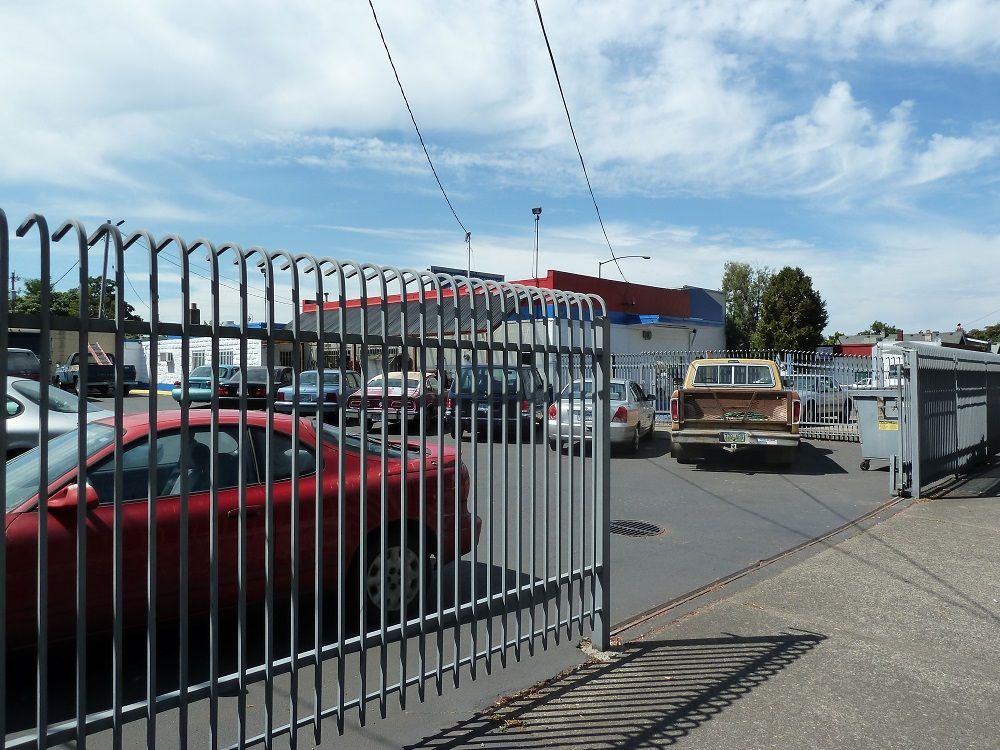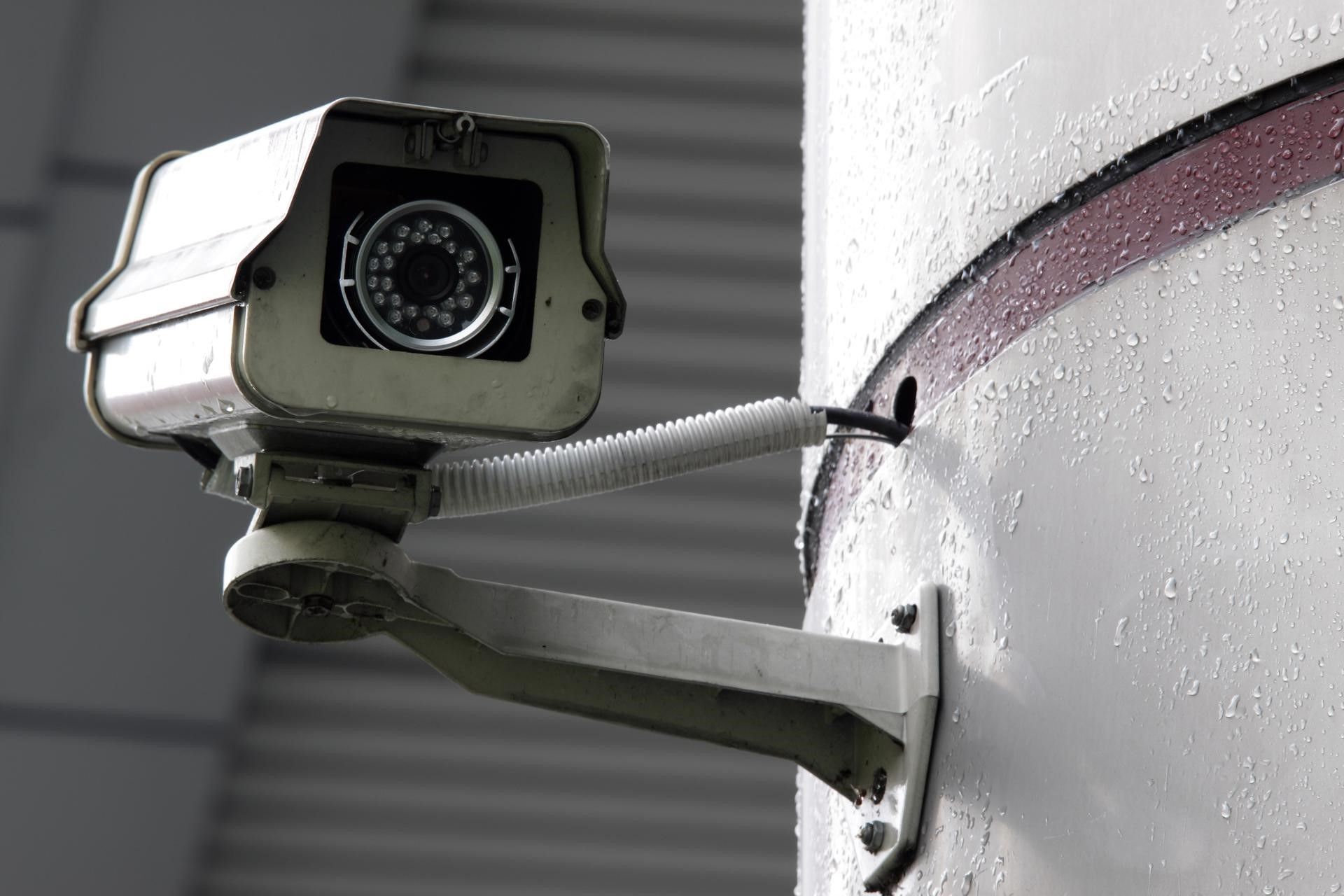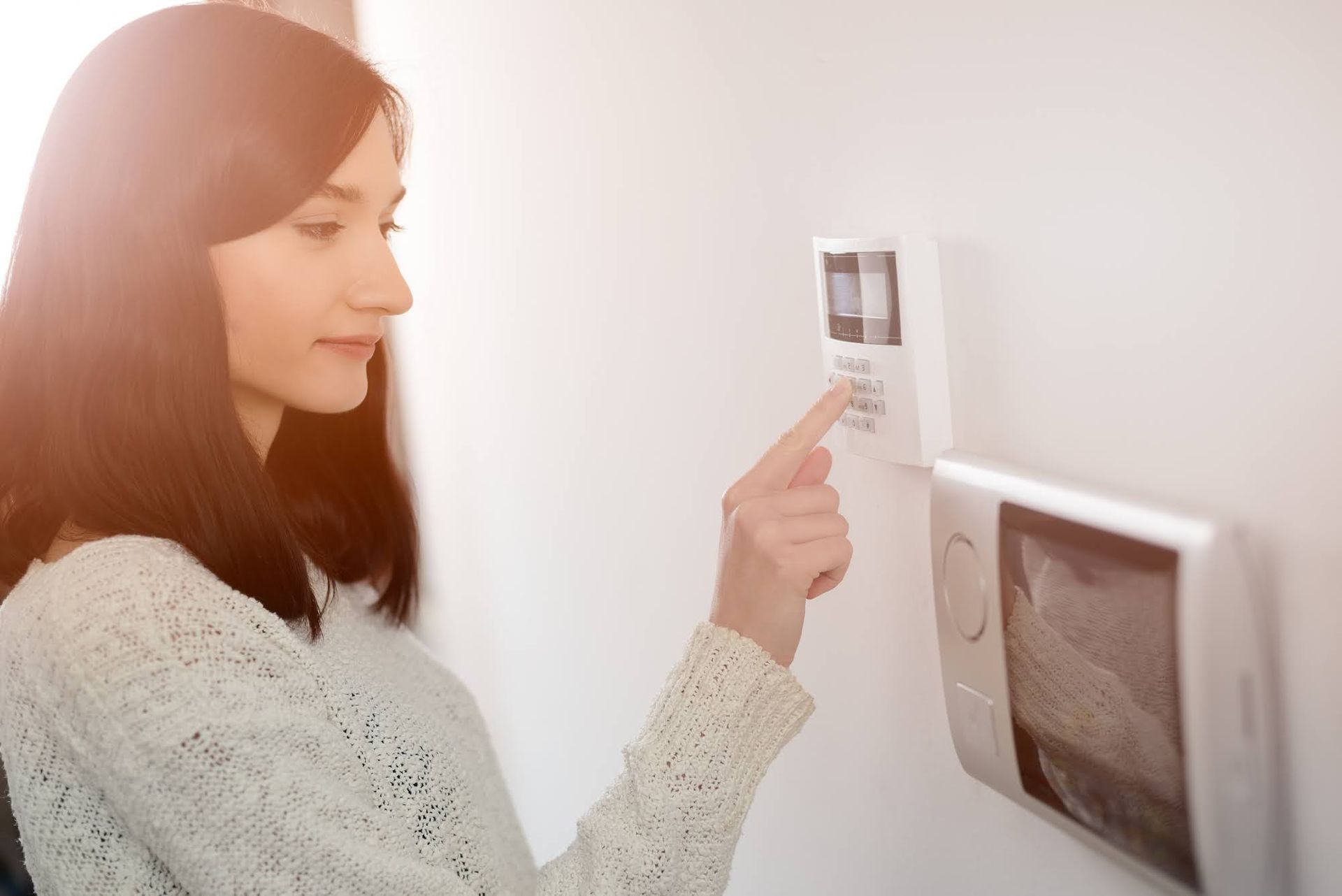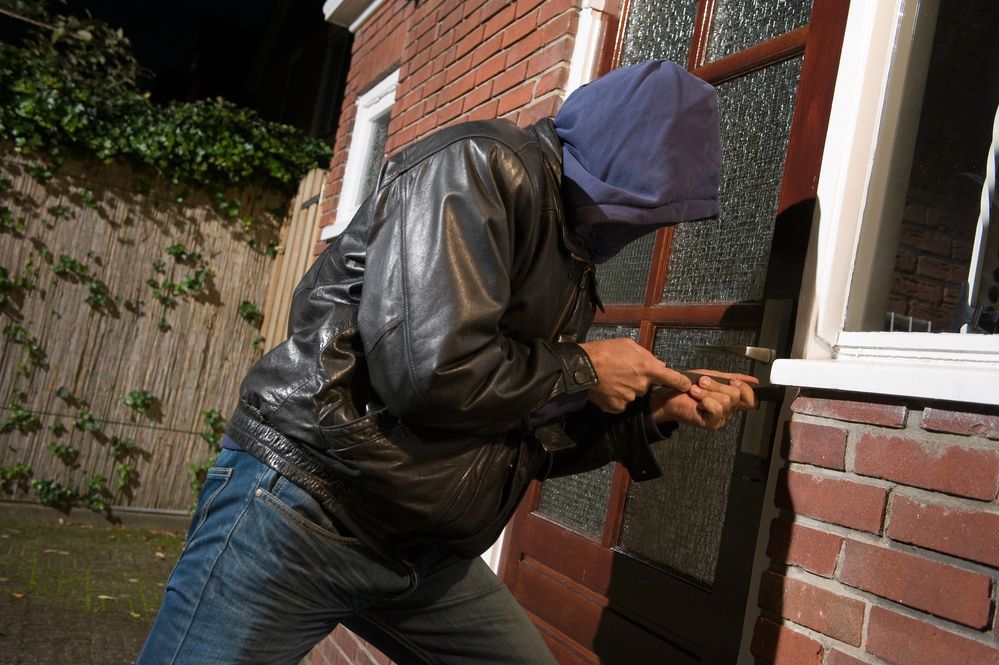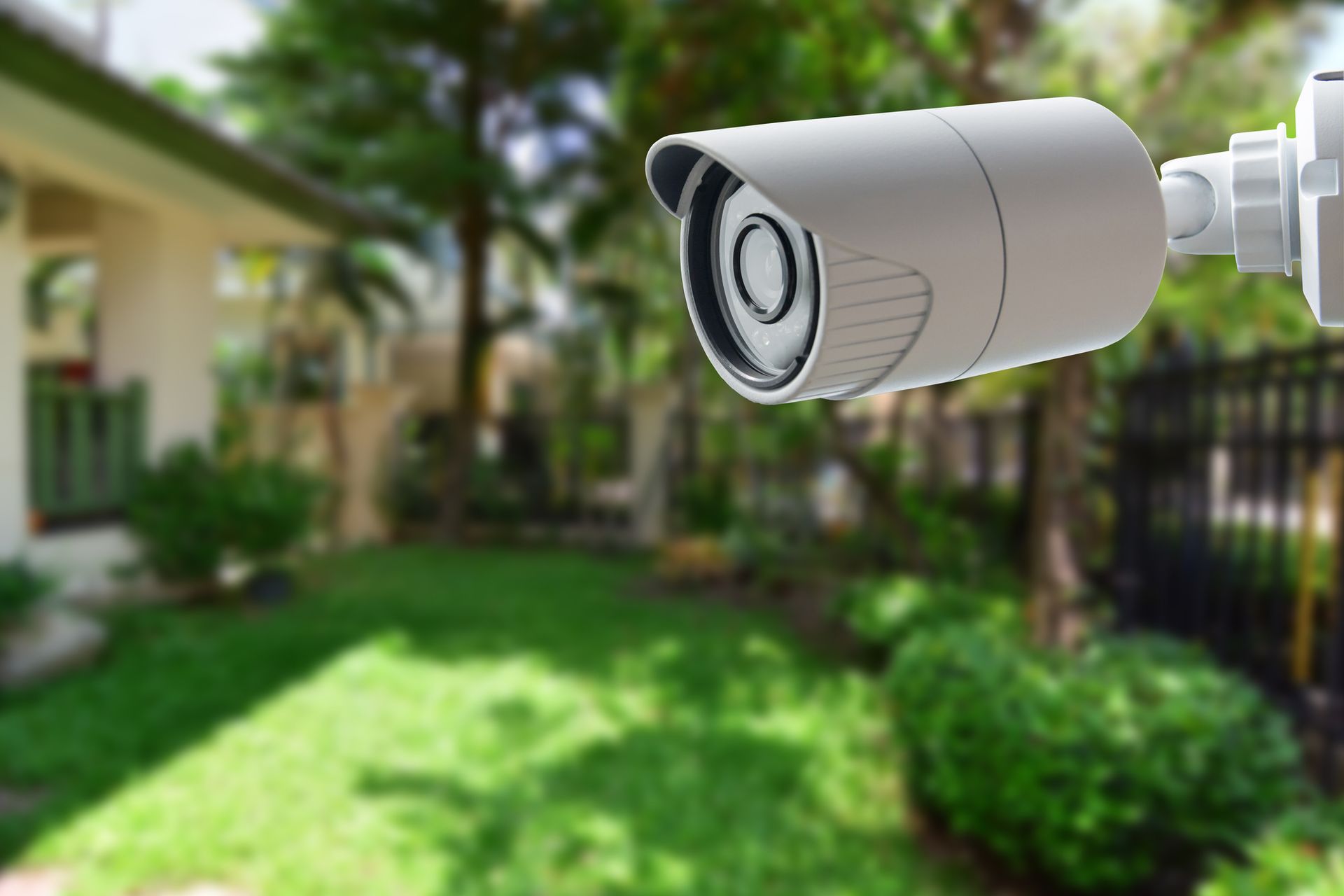What To Consider When Buying Security Cameras for Your Property
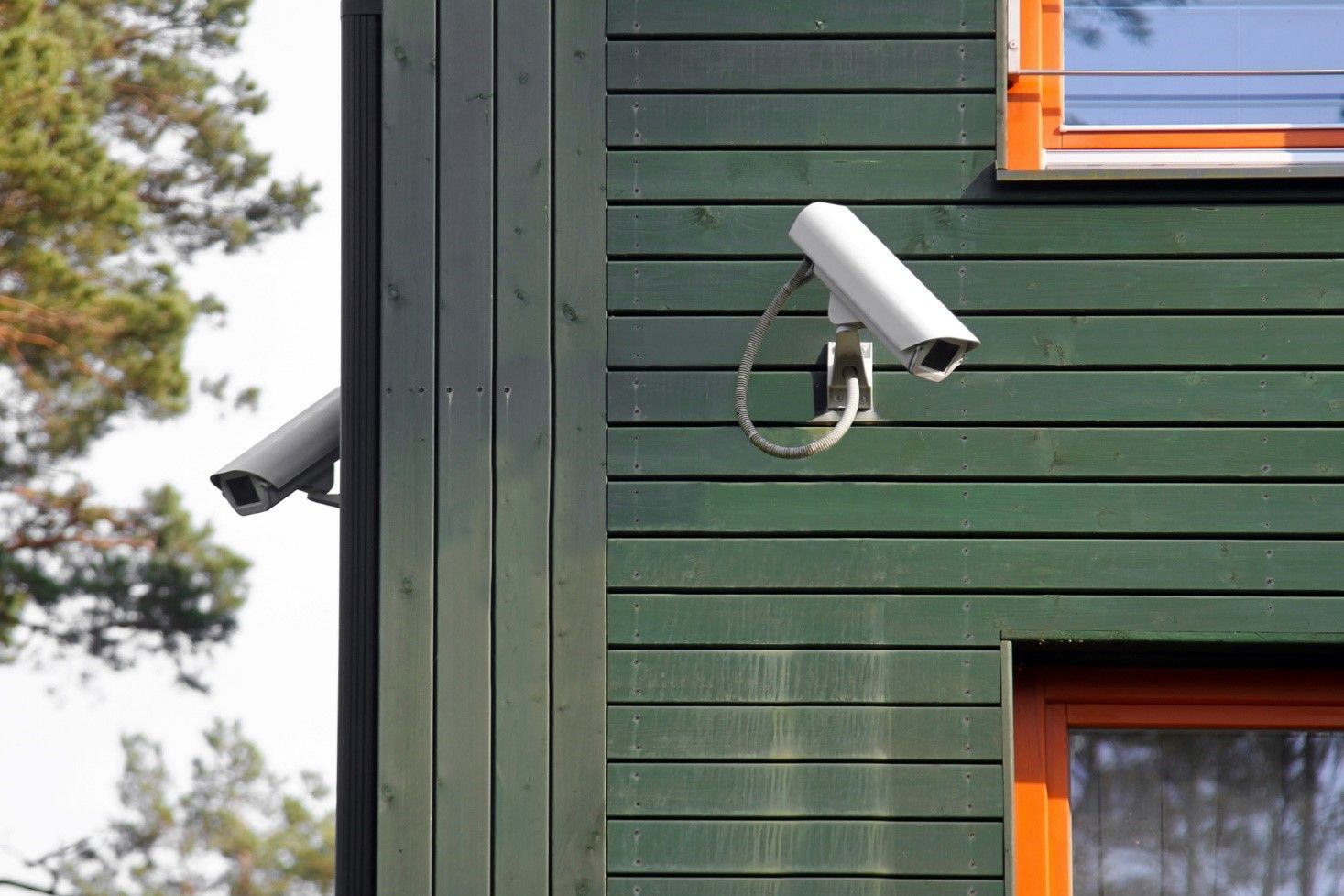
Security cameras can help prevent crime and can deter home invaders, burglars, and trespassers. However, selecting the right type of security camera can be challenging. This guide helps you choose the appropriate cameras for your security needs.
Objective and Purpose
The first step is to determine the primary role of the cameras in your home or business. For example, break-ins and burglaries may have increased in your area in recent months. In this case, you might want to install doorbell video cameras that act as deterrents. If the problem is package theft, a security camera that monitors the entryway can help you get your packages back.
Video Quality
Video resolution is the quality and clarity of the image captured by the security camera. Other factors that affect video quality include night vision capability, frame rates, and the camera's field of view. Ideally, the camera should have a video resolution of at least 1080P so that you can distinguish facial features and actions but these cameras can be expensive. A camera with lower video resolution may still do the job you require.
The camera should also have a wide field of view to cover a large space outdoors and indoors. A wide viewing angle also reduces the number of cameras you need to monitor an area. A high frame rate per second is also necessary to create smooth-motion videos and reduce blur. Finally, ensure the camera has a night vision range of 30 feet or more to produce high-resolution videos and pictures at night.
Wired or Wireless
Both wired and wireless cameras have their advantages and disadvantages. Wired cameras have a cable connection between the security cameras and the monitoring or storage device. The main advantages of wired cameras are reliability and durability. The cameras are also unlikely to experience disruptions from nearby wireless signals, but the time-consuming installation process may be costly.
On the other hand, wireless security cameras use wireless networks to transmit live streams from the camera to the viewing platform. Wireless cameras have a relatively straightforward installation process and are available in various sizes and shapes. The effectiveness and cost of the wireless camera depend on how far the camera has to transmit the signal. However, hackers can tamper with the wireless signal and reduce its effectiveness.
Outdoor or Indoor
Outdoor cameras must withstand extreme weather elements. For example, if you install indoor-use CCTV systems outdoors, UV rays, rain, and wind can damage the cameras. Indoor cameras must also be designed to withstand humidity, air conditioning, and indoor heating conditions.
Amount of Light
Light affects the quality and resolution of filming. Most cameras can produce videos and images of high resolution in areas that are well-lit and have bright lighting. On the other hand, special cameras are necessary to record clear footage in spaces with dim lighting. In particular, the camera must have a high light sensitivity rating and can be flexible to adapt to fluctuating light levels.
Recording Method
CCTV cameras can record and store footage in different formats. The main ways to record are digital video recorders, network video recorders, and cloud recording. Digital video recorders are analogue security cameras that connect to a hard drive via a wired cable.
Network video recorders use Ethernet cables or the Internet to record and store footage. These cameras can also store the footage onsite or transmit it to the cloud. Most network video recorders come with a cloud account where you can securely store your recordings.
The effectiveness of your CCTV systems depends on where you buy them from. All Pro Security provides CCTV, access control, and fire alarm systems for commercial and residential services. We also install and service vacuum and intercom systems. Contact us to secure your property.

